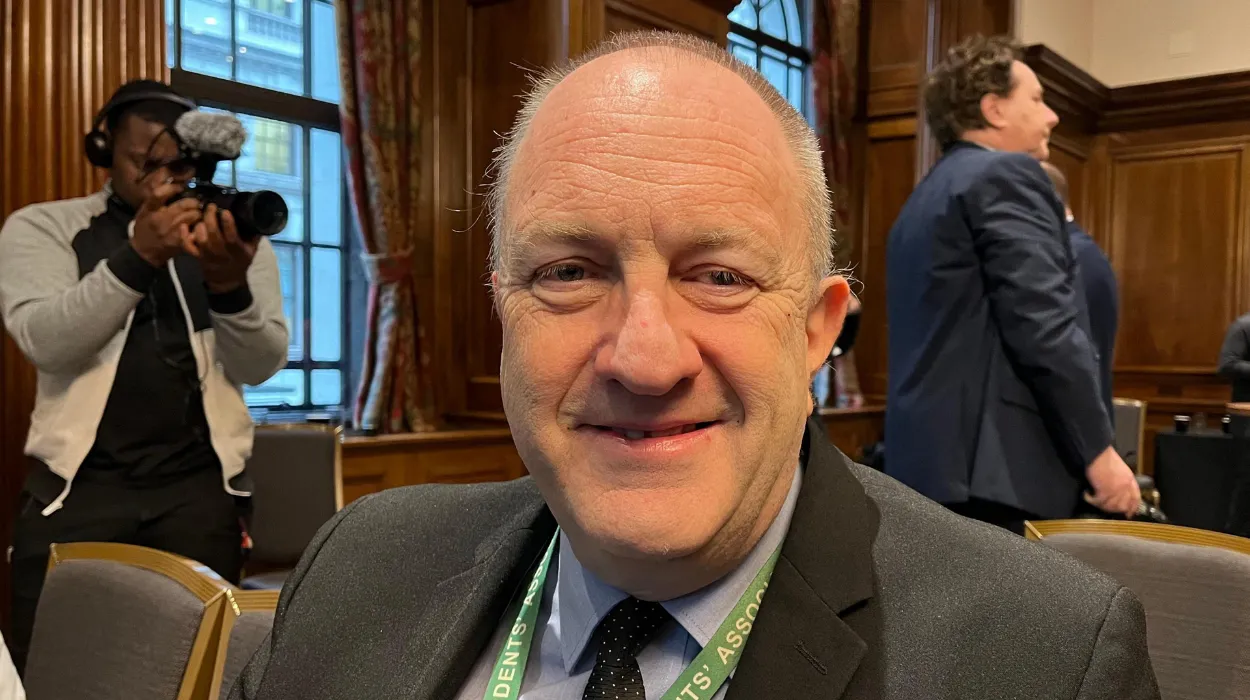Key Points
- Councillor Ray Morgon, Leader of Havering Council, has stated councils “can’t have their cake and eat it” amid escalating financial pressures.
- Havering Council is warning of the threat of effective bankruptcy due to chronic underfunding, rising social care and housing costs, and inadequate government support.
- The Government has increased core spending power and raised council tax thresholds, but Councillor Morgon describes these measures as insufficient to address spiralling costs.
- Over the last fourteen years, Havering has made more than £160 million in cuts, sold off public assets, and increased efficiency, but is still struggling to maintain legally required services.
- Public consultations and protests have taken place regarding proposed cuts, including library closures and reductions in community services.
- The government has provided emergency loans to keep services afloat, but further cuts appear necessary, with council tax set to rise.
- Trade unions, local MPs, and community groups have voiced concern about the impact on the most vulnerable residents.
- The Department for Levelling Up, Housing and Communities states it is in discussion with Havering and ready to help if needed.
- The situation in Havering mirrors financial problems affecting councils across England.
Austerity, funding cuts, and mounting statutory obligations are pushing Havering Council to the brink, with Leader Councillor Ray Morgon declaring that councils “can’t have their cake and eat it” as the local authority faces the threat of effective bankruptcy and harsh decisions about frontline services.
- Key Points
- Why did Councillor Ray Morgon say “Councils can’t have their cake and eat it”?
- What is the financial situation facing Havering Council?
- How are statutory duties and local residents affected?
- What are the council and government saying about funding?
- How is council tax being affected?
- What efficiency measures and cuts have already taken place?
- What about the wider political and community context?
- How does this compare to other councils—Is Havering alone?
- What happens next for Havering?
Why did Councillor Ray Morgon say “Councils can’t have their cake and eat it”?
As reported by the London Borough of Havering’s official news, Councillor Ray Morgon, Leader of the Council, issued a stark message:
“Councils can’t have their cake and eat it.”
This axiom was used to illustrate the fiercely difficult position councils like Havering find themselves in – tasked with delivering legally mandated services, often of increasing complexity and cost, while government funding continues to fall drastically short.
In a statement published by the council, Councillor Morgon explained,
“Due to this, many outer London councils, like Havering, have a legacy of high council tax and low Government grant.”
He emphasised Havering’s exceptionally challenging demographics:
“Our population has the second oldest in London and now has one of the fastest growing children’s populations in the UK, which means our costs with inflation are predicted to be over £45 million next year, yet our grant increase is just a mere £5.6 million”.
What is the financial situation facing Havering Council?
As reported by Rachael Burford of the Evening Standard, Havering Council is “on the brink of bankruptcy” after what the leader deemed a “short-changing” by central government in the latest settlement. Councillor Morgon has warned the council may be forced to issue a Section 114 notice, effectively declaring bankruptcy, or seek a substantial government loan:
“We have been warning the Government for some time about this, and despite these warnings, they have not helped us deal with this problem,” stated Morgon, adding, “The cost of social care, homelessness and inflation is greater than the money we receive.”
Havering received a government funding increase of 6.2% recently, but Morgon described this as “a mere drop in the ocean”. Over the last fourteen years, the council’s government funding fell from approximately £70 million to under £2 million per year, while statutory costs soared. The council has responded with over £160 million in savings and asset sales.
Further, Councillor Morgon explained to the Local Democracy Reporting Service, as cited by Sebastian Mann for The Havering Daily, that their “hand has been forced” after years of austerity, mounting inflation, and failing to match demand for costly services.
“If governments want us to provide statutory services, such as libraries, they must provide us with adequate funding to do so,” Morgon asserted.
How are statutory duties and local residents affected?
Havering’s statutory duties—particularly social care and homelessness—are at the centre of its budgetary crisis. Councillor Morgon directly links central government underfunding to the severe financial predicament: “The only reason why most councils are in this position is because of the lack of funding from the Government to deliver social care and homelessness services which we have to do by law”.
As reported by The Havering Daily, proposals to close four of the borough’s ten libraries have caused considerable public alarm. Trade union Unison’s local secretary, Gabby Lawler, warned these closures would have a
Protests have taken place, and almost 5,000 residents engaged in the council’s consultation – reportedly the highest participation rate seen.
The council has also had to pay for families in expensive temporary accommodation due to rising housing costs, with further pressures on its social care budget for both young and elderly residents.
What are the council and government saying about funding?
The Department for Levelling Up, Housing and Communities responded, as reported in the Evening Standard, stating,
“We understand Havering’s concerns and we are in discussion with the council about their financial position… While councils are responsible for managing their budgets, we stand ready to speak to any council that has concerns about its ability to manage its finances or faces pressures it has not planned for”.
Despite this, Morgon notes that in order to set a balanced budget earlier this year, the council had to obtain a government loan and may have to do so again next year:
“We had to get access to a Government loan… Instead of offering a solution and a share of the extra money set aside for councils who need it most, the Government have given money to councils who are better off than us”.
How is council tax being affected?
According to Havering Council records, council tax will rise by 4.99% from April 2025, the maximum allowed without a referendum, as part of the attempts to patch the growing funding gap. The council notes,
“As a direct result of feedback [from consultation], we now have an action plan in place…”
to sustain essential services, but warns residents are being forced to “pay higher council tax for less”.
What efficiency measures and cuts have already taken place?
As reported by The Havering Daily and official statements, since 2010 the council has:
- Made over £160 million in savings and efficiency measures,
- Increased fees, charges, and council tax repeatedly,
- Sold off more than £160 million in assets,
- Maintained or only reluctantly considered major further cuts, such as closing libraries.
Councillor Morgon emphasised,
“Over the past 14 years, the council has made around £160m in cuts… but it all adds up – and we have to demonstrate to the government we are making savings”.
What about the wider political and community context?
Councillor Morgon is clear that Havering Residents Association, which controls the council, must “deal with whoever’s in power at the time,” regardless of party, insisting the current precarious situation stems from decisions in Westminster, not locally.
Commentary in The Havering Daily highlights community frustration: low electoral turnout means a councillor could be elected by just 9% of the electorate, contributing to a sense of disconnected leadership. Councillor David Taylor, for example, noted intense public anger at official messages about borough safety and called for leadership to get
“out of the town hall, get themselves into the public and engage with them properly”.
How does this compare to other councils—Is Havering alone?
Havering’s warning comes amid many councils across England issuing similar notices or seeking emergency government loans, citing the same pressures: rising social care demand, increasing costs, depleted reserves, and statutory obligations outstripping actual funding.
The council leader’s repeated lobbying and open communication with residents fit a broader pattern of local authorities arguing for a fundamental review and reset of how central government allocates money to local government.
What happens next for Havering?
Havering Council has not yet drawn from its emergency £53.7 million government loan but expects to do so soon. The council continues to lobby for a fairer funding settlement and urges residents to sign petitions and contact their MPs.
“There’s a lot of uncertainty around it, but I’d like to think that when the Budget is out of the way [on 30 October], we’ll have a better idea of where we are,”
Morgon told the Local Democracy Reporting Service.
In the meantime, residents face higher council tax, the threat of service cuts, and a period of deep uncertainty about the future of their local authority.



